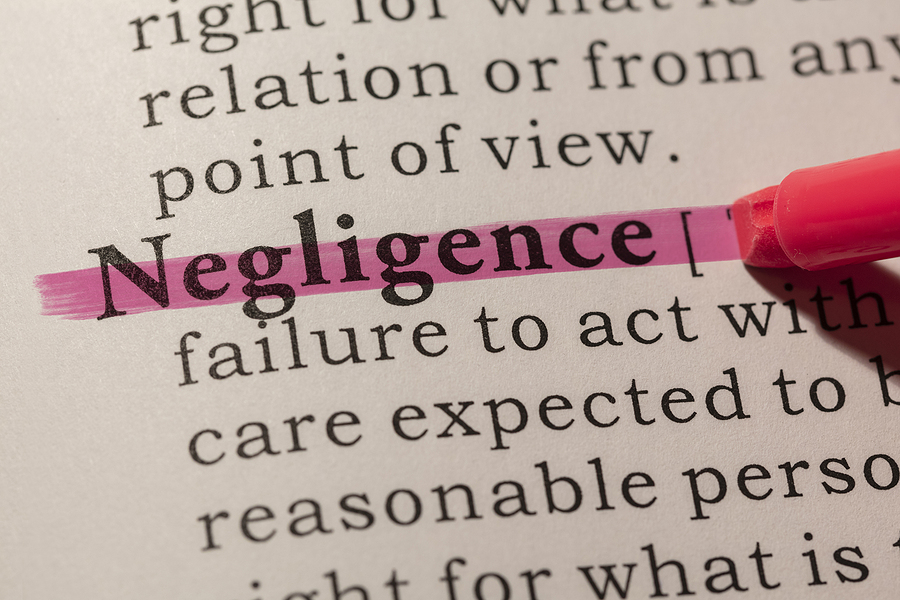Who Is The “Reasonable Person” In A Negligence Case?
 Michael Babboni
Personal Injury
You may have heard your lawyer or others refer to the “reasonable person” and have wondered who it was or how they had thought of the concept of such an individual.
Michael Babboni
Personal Injury
You may have heard your lawyer or others refer to the “reasonable person” and have wondered who it was or how they had thought of the concept of such an individual.In any personal injury case, the plaintiff’s lawyer must be able to prove that the defendant’s negligence caused the accident or injury. Negligence is the action or the failure to act that causes injury to another person. However, since we humans are not perfect, laws leave consideration for such errors by establishing a so-called “standard of care.”
What Is Standard Of Care?
Standard of care is the level of care or competence that is expected of any person in a particular circumstance. For instance, it is expected that any pedestrian looks both ways before crossing the road. In another circumstance, a person is expected to have the physical and mental ability to operate a vehicle without getting into an auto accident. This is no different from expecting your personal injury lawyer to have previous experience with personal injury cases. Any person who does not employ the standard of care and causes an injury may then be found liable in a personal injury case.
Who Is The Reasonable Person?
The truth is, there is no actual person being referred to when we speak of the reasonable person. It is a fictional individual who serves as an ideal. The reasonable person is how a typical person with ordinary prudence would act in certain circumstances, such as those of the case.
The reasonable person knows things that are considered common knowledge to people in a certain community, without consideration for one’s intelligence or other abilities. In a way, the reasonable person represents the community’s level of knowledge and care. The jury will test the defendant’s actions against the reasonable person to objectively gauge whether they employed the standard of care or if they had been negligent.
Under personal injury law, the jury will compare the defendant’s actions to that of the reasonable person. If their actions do not measure up, then they will be considered negligent. To give an example, if an establishment forgets to put up a caution sign after mopping the floor and you slip and fall, which results in an injury, the jury will judge their lack of action based on the reasonable person. Since it is standard practice to put up caution signs when a floor is wet or slippery, the business’ action will be considered negligent.
It should be noted that not everyone is held to the standard of the reasonable person. Because they are not yet fully developed in many ways, children are judged based on what other children their age would do. Conversely, a highly trained individual, such as a medical doctor, would be held to a higher standard of care than average people.
The Reasonable Person And Personal Injury Cases
In a personal injury case, your lawyer must prove that the defendant caused the accident or injury by establishing the elements of negligence. They may use the reasonable person to build arguments or demonstrate that the action was indeed negligent.
Like personal injury lawyers, members of the jury who vote to decide on those types of cases deliberate the causation of a case using the reasonable person. Usually, this is where it gets tricky. Although the reasonable person was established as an objective gauge for people’s actions, it is still limited by the perceptions of each person in the jury.
Conclusion
The reasonable person is one of the tools that Florida courts and personal injury lawyers use to achieve objectivity in deliberating personal injury cases. Knowing this concept may help you deliberate on your own regarding whether you should file a personal injury case before you consult with a personal injury lawyer in St. Petersburg.
